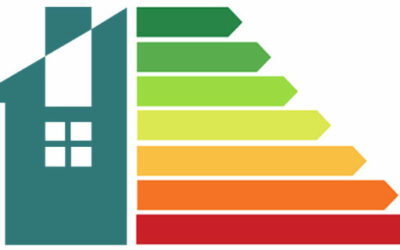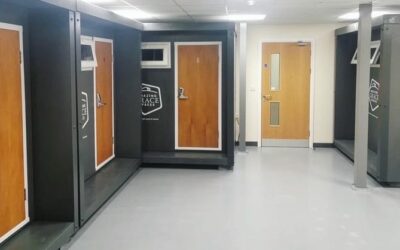Lancaster: Home Improvement Agency Integrated Adaptations Service
The project
Lancaster City Council’s Home Improvement Agency (HIA) has developed an integrated adaptation service providing residents with a one stop shop for all forms of adaptations, including the delivery of the mandatory Disabled Facilities Grant (DFG) programme and statutory minor adaptations. The service takes a proactive approach to identifying the needs of residents, ensuring all service users have access to the full range of HIA services, including handyperson services, energy improvements, and assistance in increasing financial resilience. It has been acknowledged as a model of good practice in the sector and has won several national awards including the 2022 UK Housing Awards for Innovation in Services, and the 2022 National Healthy Homes Awards for Sustainability in Housing Adaptations.
The service delivers on the government’s ambition of preventive, person centred service- bridging the gap between health, social care, and housing. It provides vulnerable residents with a true person-centred service and an excellent example of partnership and collaborative working between health and housing. It operates with no waiting lists and despite rising costs, the HIA has also maintained an average cost per adaptation well below the national average.
The benefits
This in-house agency is dedicated to helping vulnerable older and disabled residents across all tenures, within an area of over 60,000 households, live safely and with dignity in their own homes. The council has built on this service over the last year, making it even more innovative:
A new pilot scheme has enabled HIA staff to self-prescribe a full range of aids and equipment, and to undertake assessments for minor adaptations; all without the need to refer residents back to the county authority. This new approach enables residents to approach the HIA direct, avoiding a wait for assessment by social services, and enables typical minor adaptations to be completed from enquiry to completion in an average of 10 days. This upstreaming of prevention eases the burden on social care services.
As part of the council’s response to the climate emergency, the HIA introduced a new Energy Retrofit Service, integrated into the adaptation service. It works by helping vulnerable residents make improvements to the energy efficiency of their homes, whilst disabled grant adaptations are undertaken as part of the service. The HIA recruited a Retrofit Officer and funded their training to qualified Domestic Energy and the British Standards Institute PAS (Publically Available Specification) Energy Assessor level.
The service conducts free energy assessments in grant applicants’ homes to identify energy improvements that can be made alongside the disabled grant work. It helps the disabled resident to secure funding, obtain quotes and undertakes the work. The HIA secured funding to enable its caseworkers to provide DFG applicants with free energy advice and minor energy improvements undertaken by the handypersons.
Over the last year 100% of clients reported they were satisfied with the Integrated Adaptation service, with a further 98% reporting the service had increased their independence, quality of life, health, and confidence.






